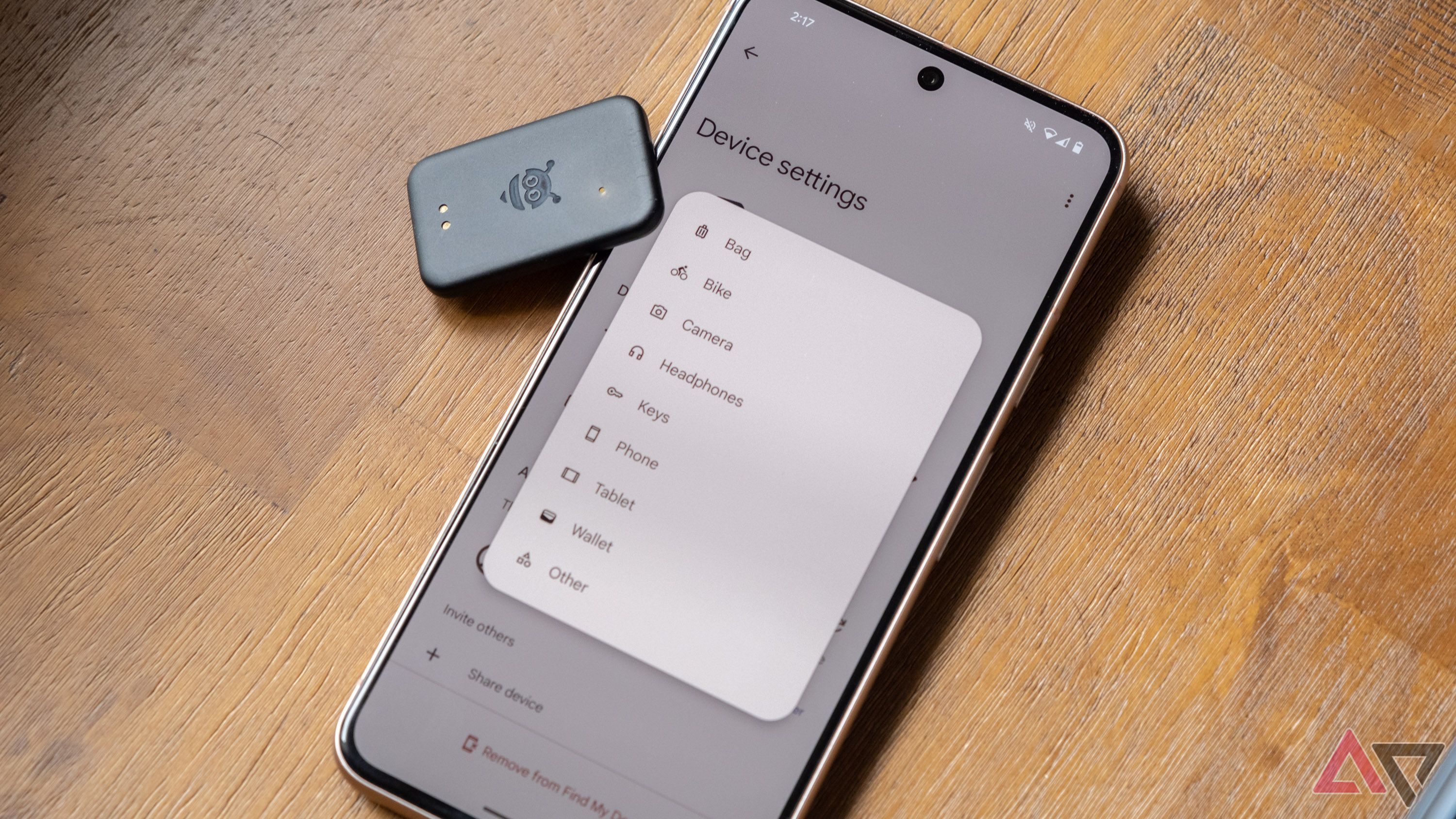- One Redditor tested Google’s Find My Device network against Apple’s Find My Network by shipping an AirTag and a Pebblebee tracker to a different state and tracking the package through the respective apps.
- The Pebblebee Tracker struggled to provide location updates, while Apple’s AirTag consistently updated throughout the journey.
- Google’s Find My Device network is still nascent and opt-in, limiting its effectiveness compared to Apple’s Find My Network. Google is reportedly working on improving its network’s speed and reliability.



For the same reason that one might block ads or cookies, of course. I don’t want a third party corporation profiling the bluetooth devices in my house and selling data about me to advertizers.
Apple’s device locator service uses the internet to report device IDs and GPS coords to Apple.
Ideally, that would be true. But device locators necessarily report their snooping using an internet connection, and if they’re on my home network when they do it then they’d associate my IP address with my location. That’s way more of my personal information than I want Apple to have.
Uh, I hope you’re banning anyone with an iPhone from even getting within 10 meters of your house. Because their phone could easily just grab a list of all BT MACs (or hell, even WiFi MACs) it finds and then transmits that with its current GPS coordinates via its cell network. Doesn’t even need your network at all. And your wireless devices have to transmit their MAC addresses to work even if their not in pairing mode.
Not much I can do about that, but I can at least keep them off my network so that info isn’t associated with my IP address and sold off to whoever wants it.
According to Apple (and I’m sure people have already investigated it), location data is encrypted in such a way that only the owner of the device can read the transmitted location. So no, this isn’t going to “associate your IP address with your location”.
(from https://www.apple.com/airtag/)